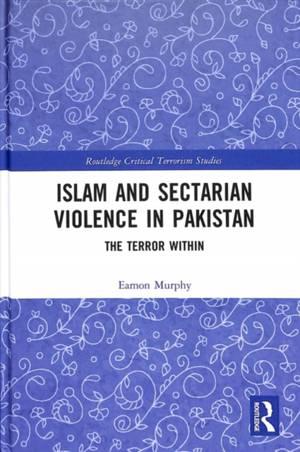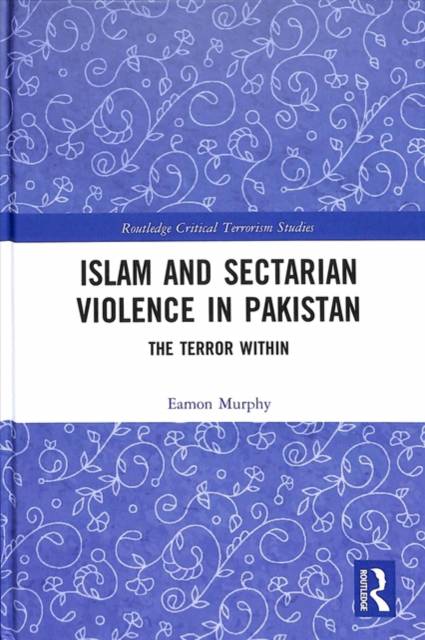
- Afhalen na 1 uur in een winkel met voorraad
- In januari gratis thuislevering in België
- Ruim aanbod met 7 miljoen producten
- Afhalen na 1 uur in een winkel met voorraad
- In januari gratis thuislevering in België
- Ruim aanbod met 7 miljoen producten
Omschrijving
This book analyses the growth of sectarian-based terrorist violence in Pakistan, one of the Muslim majority states most affected by sectarian violence, ever since it was established in 1947.
Sectarian violence among Muslims has emerged as a major global security problem in recent years. The author argues that the upsurge in sectarian violence in Pakistan, particularly since the late 1970s, has had less to do with theological differences between the various sects of Islam, but is a consequence of the specific political, social, economic, demographic and cultural changes that have taken place in Pakistan since it was established as an independent state. A major theme of the book is the increasing violence, extent and expressions of sectarian conflict which have emerged as new forms of sectarian terrorism. The volume provides an in-depth empirical case study which addresses some major theoretical questions raised by Critical Terrorism Studies researchers in respect of the links between religion and sectarian terrorism in Pakistan and more widely.
This book will be of much interest to students of critical terrorism studies, Asian politics and history, religious studies and International Relations in general.
Specificaties
Betrokkenen
- Auteur(s):
- Uitgeverij:
Inhoud
- Aantal bladzijden:
- 226
- Taal:
- Engels
- Reeks:
Eigenschappen
- Productcode (EAN):
- 9781138749955
- Verschijningsdatum:
- 23/10/2018
- Uitvoering:
- Hardcover
- Formaat:
- Genaaid
- Afmetingen:
- 156 mm x 234 mm
- Gewicht:
- 498 g

Alleen bij Standaard Boekhandel
Beoordelingen
We publiceren alleen reviews die voldoen aan de voorwaarden voor reviews. Bekijk onze voorwaarden voor reviews.









